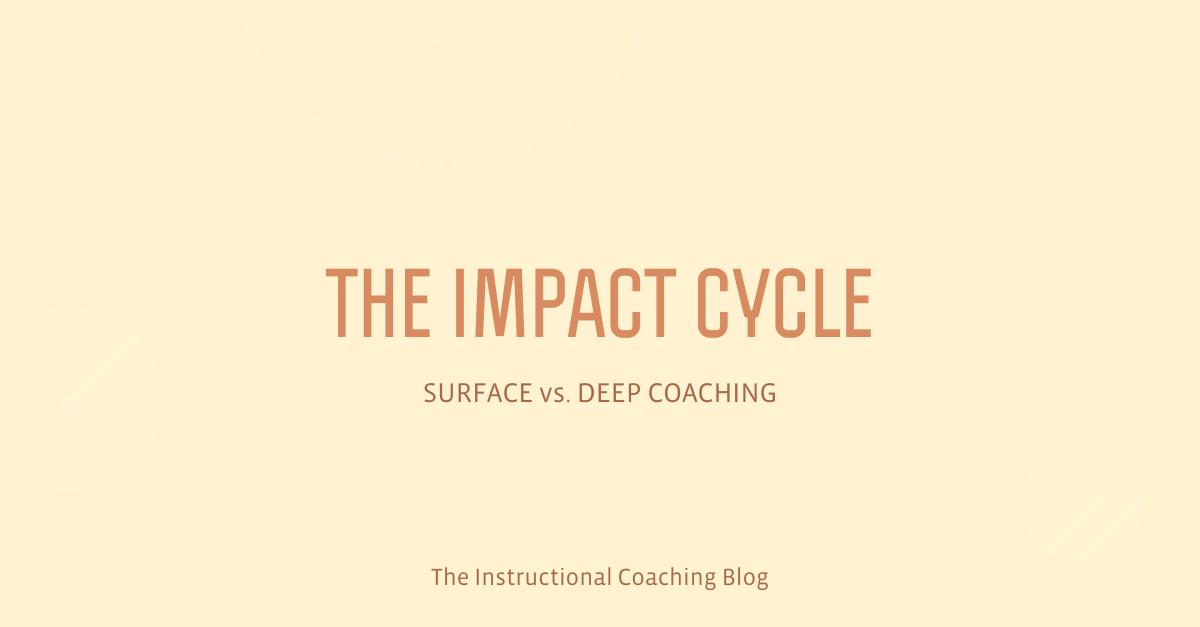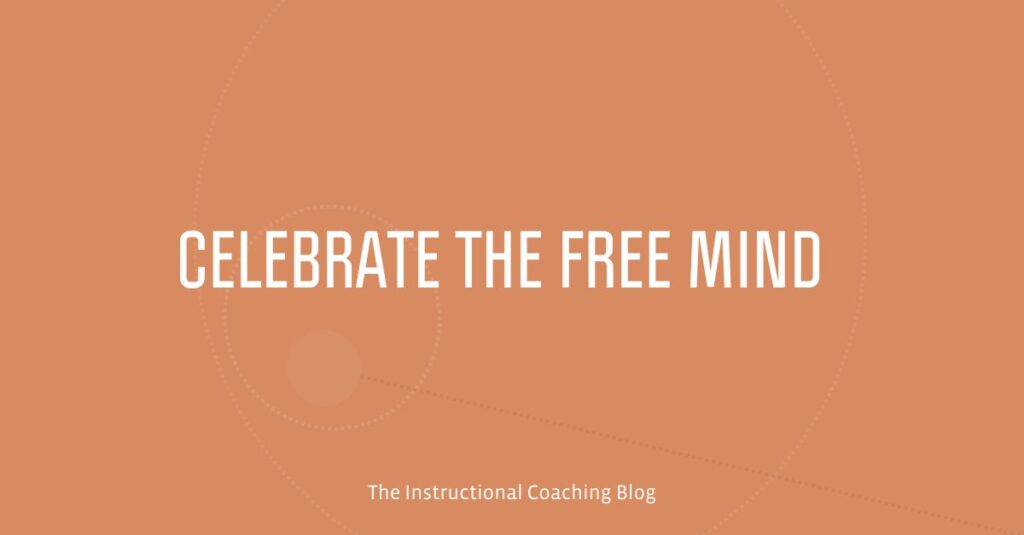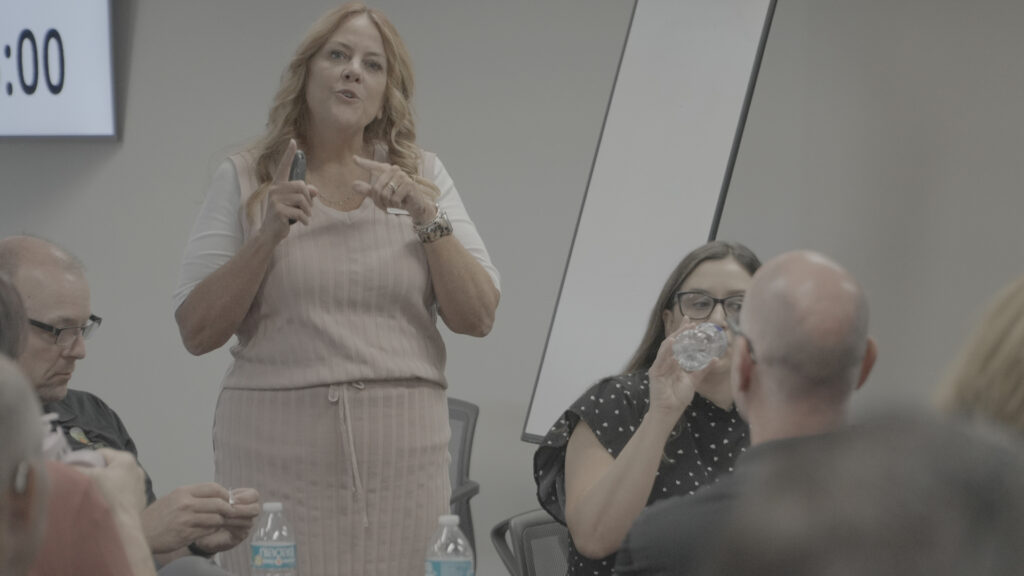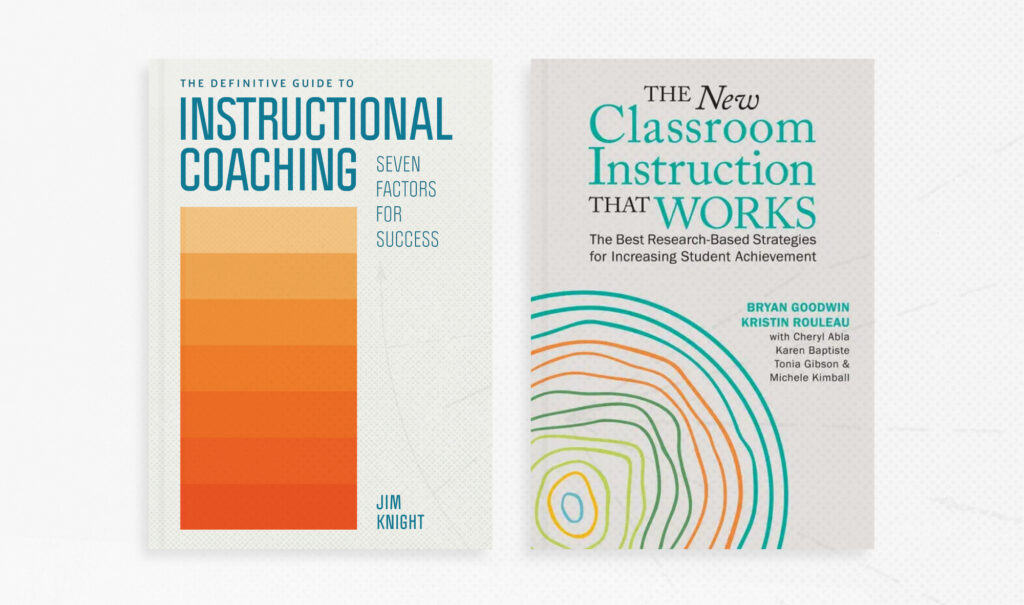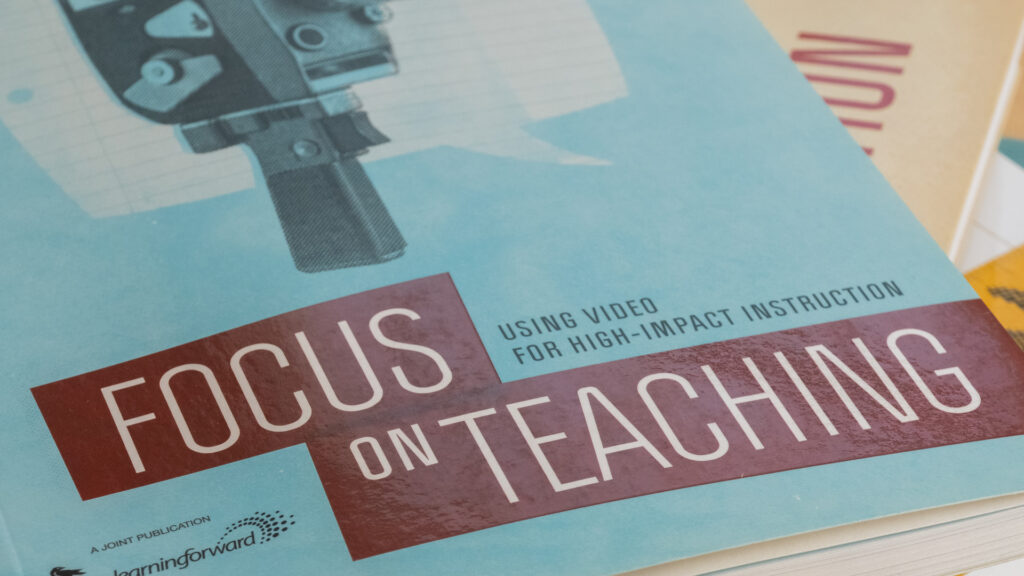The purpose of coaching is to foster improvement. Therefore, if done well, coaching can be incredibly important since improvement stands at the heart of so much that matters in life. When we choose to learn and get better, on our own or with a coach, we open ourselves to a better life of healthier relationships, greater successes, deeper feelings of competence, and more vitality and growth. Not surprisingly, Edward Deci, one of the world’s leading experts on motivation, identifies competence (along with autonomy and relationships) as one of the main factors in motivation. When we grow, improve, and learn, when we strive to become a better version of ourselves, we tap into something deep in ourselves that craves that kind of growth.
Coaching that is designed for impact taps into the “deep hunger for learning” that Peter Senge (1990) describes. It is the motivating power of learning and changing for the better that has led thousands of teachers to feel positive and motivated after they have met their goals through coaching.
In 2008 Joellen Killion wrote a short essay distinguishing between coaching light and coaching heavy. She says,
Coaching light occurs when coaches want to build and maintain relationships more than they want to improve teaching and learning. From this perspective, coaches may act to increase their perceived value to teachers by providing resources and avoiding challenging conversations.
In contrast, when coaches are “coaching heavy,” they
work outside their comfort zone and stretch their coaching skills, content knowledge, leadership skills, relationship skills, and instructional skills. They are increasingly aware of the beliefs that drive their actions and reexamine them frequently.
Working with coaches, I have found Joellen’s distinctions very helpful, and I have tweaked them slightly so they better address instructional coaching more specifically. Following Joellen’s lead, I distinguish between surface coaching and deep coaching.
Surface Coaching
When instructional coaches do surface coaching, like Joellen’s coaching light, they provide teachers with resources, offer supportive comments, model lessons, provide quick observations and share quick feedback. Surface coaching does not involve teachers in the deep work of setting student focused goals and collaborating until those goals are met. It usually only involves superficial reflection and little change.
Deep Coaching
When instructional coaches do deep coaching, however, they guide teachers through a reflective process that involves setting goals. They identify teaching strategies to be implemented to reach those goals and the collaboration and adaptation of teaching and learning that is required until the goals are met. Deep coaching is coaching that follows a proven model for change – The Impact Cycle.
When state and district leaders consider the kind of coaching they promote, and when coaches sit down to discuss coaching with teachers, I suggest they start by asking what kind of coaching they want. Meaningful improvement likely will not happen unless people choose to go deep.
